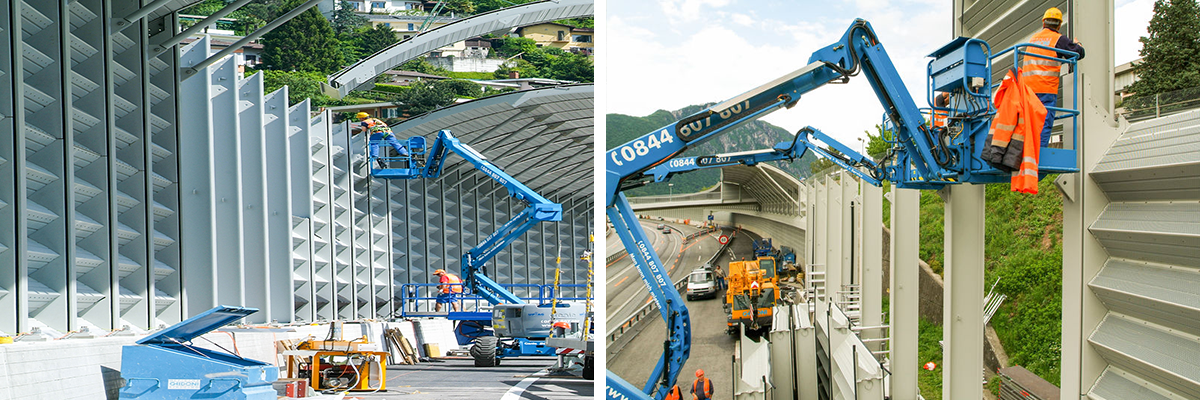
When choosing a fence for your property, aluminum and steel are two popular options that offer strength, durability, and aesthetic appeal. However, each material has distinct advantages and considerations, making it important to understand the differences between the two. Deciding on the right type of metal fence depends on your specific needs, budget, and preferences. If you’re in the market for a metal fence, consulting with reliable metal fence manufacturers can help guide your decision-making process.
Strength and durability:
Steel is known for its superior strength and robustness. It can withstand extreme weather conditions and heavy impacts, making it an ideal choice for high-security applications. Steel fences are perfect for situations where durability is paramount, such as enclosing commercial properties or homes in areas prone to harsh weather or high winds.
Aluminum, while still durable, is generally lighter and less robust than steel. However, it’s still a strong material and performs well in moderate conditions. If your primary concern is strength under stress or impact, steel might be the better choice. For less demanding environments, aluminum is an excellent option that still offers plenty of protection.
Maintenance requirements:
Aluminum fences are low maintenance, as the material is naturally resistant to rust and corrosion. This makes them ideal for areas with high humidity or near coastal regions where saltwater exposure could accelerate corrosion. The finish on aluminum fences, such as powder coating, helps maintain their appearance for years with minimal effort.
Steel fences, instead, require more maintenance to prevent rust. Steel is prone to corrosion if not properly treated, so regular maintenance, such as reapplying paint or rust-resistant coatings, is necessary. If you’re looking for a material that demands less upkeep, aluminum would be a more practical choice.
Cost considerations:
Aluminum fences tend to be more affordable than steel. The material itself is less expensive, and the installation process is generally quicker and easier. If you’re working within a tight budget, aluminum may be the right option for you, providing an attractive, functional fence without the higher price tag of steel.
Steel fences are more expensive due to the material’s higher strength and heavier weight. Installation may also be costlier because steel fences require more labor, especially if customization or additional treatments are needed. However, the investment may be worthwhile if security and longevity are your top priorities.







